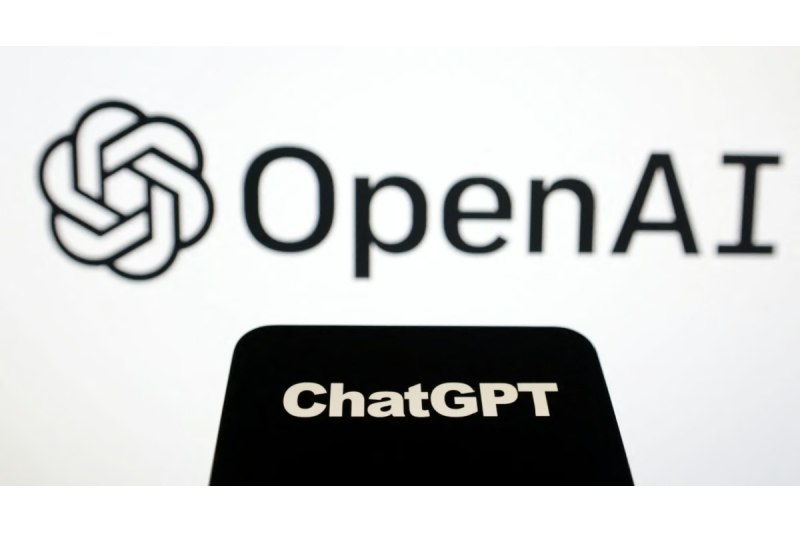OpenAI said on Monday that users in certain locations of the ChatGPT website can now access the AI assistant without logging in. Previously, even with the free version of ChatGPT, which is presently driven by the GPT-3.5 AI language model, the firm required users to register an account in order to utilize it. It is commonly recognized that GPT-3.5 yields more erroneous results than GPT-4 Turbo, which is accessible through ChatGPT’s commercial editions.
ChatGPT was first released in November 2022 and has since evolved from a tech demo to a feature-rich AI assistant. A free version of the app has always been accessible. As the expression goes, “you’re the product,” so there’s no fee. While both free users and ChatGPT Plus subscribers have the option to refuse having their data used for AI training, using ChatGPT assists OpenAI in collecting data that will aid in the development of future AI models.
Making ChatGPT available to all users could facilitate the on-ramp for users who might use it in place of Google Search or even bring in new clients by making it simple for users to use ChatGPT rapidly and then upsell them to premium versions of the service.
“It’s core to our mission to make tools like ChatGPT broadly available so that people can experience the benefits of AI,” according to the blog of OpenAI. “For anyone that has been curious about AI’s potential but didn’t want to go through the steps to set up an account, start using ChatGPT today.”
Despite it being against the terms of service, children will also be able to use ChatGPT without an account. Accordingly, OpenAI says it’s adopting “additional content safeguards,” like barring more prompts and “generations in a wider range of categories.” OpenAI has not gone into detail about what it means.
The fully open method may have a few more drawbacks. AI researcher Simon Willison discussed the possibility of automated misuse on X as a means of circumventing OpenAI’s service fees: “I wonder how their scraping prevention works? I imagine the temptation for people to abuse this as a free 3.5 API will be pretty strong.”
In a Competitive Environment, Greater GPT-3.5 Access Could Backfire
Willison also brought up a common criticism of OpenAI, as expressed in this instance by Wharton professor Ethan Mollick: GPT-3.5, which is far less capable and far more prone to fabrication than the premium version of ChatGPT that uses GPT-4 Turbo, has largely shaped people’s conceptions of what AI models are capable of up until this point.
“In every group I speak to, from business executives to scientists, including a group of very accomplished people in Silicon Valley last night, much less than 20% of the crowd has even tried a GPT-4 class model,” Mollick noted in a tweet from the beginning of March.
Allowing users to use GPT-3.5 may not be the best use of OpenAI’s proprietary model at this time, with models like Google Gemini Pro 1.5 and Anthropic Claude 3 potentially outperforming it, and open weights AI models surpassing the free version of ChatGPT. A frictionless, no-login experience is also supported by Microsoft Copilot, which is powered by OpenAI models. However, it does provide access to a GPT-4-based model. However, Gemini now has to be logged in, and Anthropic emails a login code.
According to OpenAI, not everyone can currently access ChatGPT’s login-free version, but it will soon be available: “We’re rolling this out gradually, with the aim to make AI accessible to anyone curious about its capabilities.”
